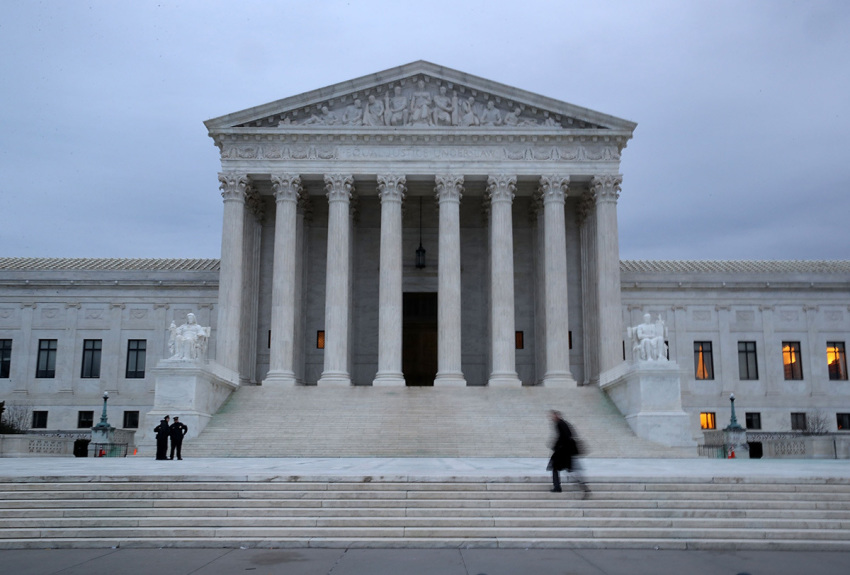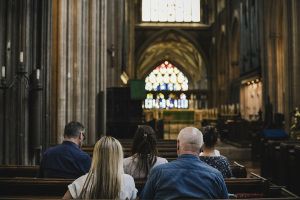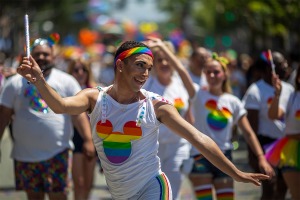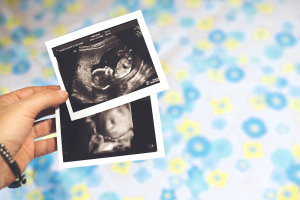Supreme Court won’t weigh if jurors can be removed for religious beliefs in lesbian employment case

The U.S. Supreme Court won't delve into whether jurors can be dismissed due to their religious beliefs about homosexuality in a case tied to a lesbian woman's employment dispute in Missouri.
In an orders list on Tuesday, the nation's high court declined to hear the case of Missouri Department of Corrections v. Jean Finney. The decision came after Missouri Attorney General Andrew Bailey, a Republican, appealed the discrimination lawsuit against the state's Department of Corrections.
The case involved Jean Finney, a department employee, who claimed retaliation from a co-worker following her engagement in a same-sex relationship with his former spouse. Finney sued the department in 2021, alleging a hostile work environment.
During jury selection, Finney's attorney inquired if any potential jurors went to a religious organization growing up where it "was taught that people that are homosexuals shouldn't have the same rights as everyone else because it was a sin with what they did?" The attorney asked if they could set those views aside, and the two who said they could not were dismissed from the case.
Ultimately, the jury agreed with Finney and awarded her $275,000.
The state's legal team sought a retrial, arguing the jury selection process was flawed, especially after losing the initial case. Their appeal was rejected by the Missouri Court of Appeals, and the Missouri Supreme Court declined to review the case, leading Bailey to approach the U.S. Supreme Court.
Although no reason was offered for the Supreme Court's rejection of Bailey's appeal, Supreme Court Justice Samuel Alito offered a statement voicing concerns.
Alito, one of the most conservative members of the court, concurred with the refusal to hear the case, citing technical legal reasons.
Although he agrees with the court's decision, Alito said the case "raises a very serious and important question that we should address in an appropriate case." He highlighted the case's significance, particularly in light of the Supreme Court's 2015 decision legalizing same-sex marriage.
"In this case, the court below reasoned that a person who still holds traditional religious views on questions of sexual morality is presumptively unfit to serve on a jury in a case
involving a party who is a lesbian," Alito wrote.
"That holding exemplifies the danger that I anticipated in Obergefell v. Hodges, ... namely, that Americans who do not hide their adherence to traditional religious beliefs about homosexual conduct will be 'labeled as bigots and treated as such' by the government. The opinion of the Court in that case made it clear that the decision should not be used in that way, but I am afraid that this admonition is not being heeded by our society."
Like the other branches of state and federal government, Alito wrote that the judiciary must "respect people's fundamental rights, and among these are the right to the free exercise of religion and the right to the equal protection of the laws."
"When a court, a quintessential state actor, finds that a person is ineligible to serve on a jury because of his or her religious beliefs, that decision implicates fundamental rights," he warned.
Alito said he would have voted to grant review in this case if it were not for the fact that the the "Court of Appeals concluded that the Department of Corrections did not properly preserve an objection to dismissal of the two potential jurors and, thus, that
their dismissal was reviewable under state law only for plain error."
"Because this state-law question would complicate our review, I reluctantly concur in the denial of certiorari," Alito wrote.
In the petition, Bailey argued against excluding jurors solely based on their religious beliefs, acknowledging that bias stemming from those beliefs could justify exclusion.
Finney's legal representatives countered, emphasizing the relevance of her sexual orientation to the case and defending the exclusion of jurors who exhibited bias against homosexuals.
However, Bailey wrote in the state's petition, "The Constitution does not tolerate excluding jurors on the basis of race or sex. It ought not to tolerate exclusion on the basis of religion."



























